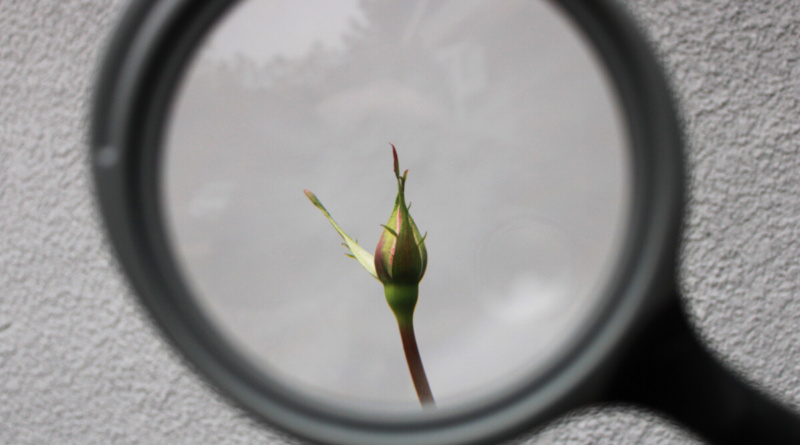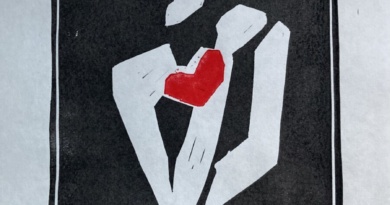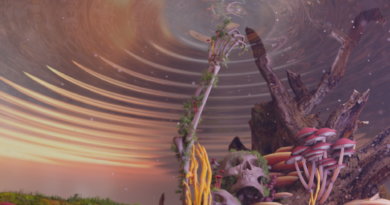A Snapshot in the Cycle of Time
PHOTO: by Laura Wong ’24
By Kyle Watkins ’23 for Spoke Literary and Art Magazine
You gaze at the clock on the classroom wall, try not to think about how time seems to stand still as soon as its existence is observed. But too late—the clock has frozen. You consider how that quality is shared by other intangible things. E.g., ghosts never appear to be real, yet the presence of the dead is universally understood by humankind. Feel them, but don’t look too close because all you’ll find is the lack.
Thoughts of the past lead you to imagine the other students that have sat here before you, having similar thoughts of time but probably not the same. Not the same sluggish lesson either, but perhaps one of a similar buzz, lingering on the edge of their acoustic vision.
…ancient and modern cultures have foundational beliefs in reincarnation. For example, many of Plato’s works reference a life after life, contrasting with the classical and mythological depiction of an afterlife. Hinduism and Buddhism are both theologies grounded in an endless cycle of rebirth, though they disagree fundamentally on the question of the…
Are you simply a reincarnation of your scholarly predecessors? People think of being reborn as a sublime experience, one that wipes away sins and restores lives to a state of purity, but often forget it can just as easily imprison you as bring freedom. Not only that—it occurs to you that reincarnation, through death or otherwise, is almost never a choice.
Then the consequent question comes uninvited: is rebirth truly something to be sought, or is it merely a kink in the endless and winding cycle of time?
You look up at the clock, and it stops ticking. Maybe if you stare at it hard enough, it’ll start again eventually.




